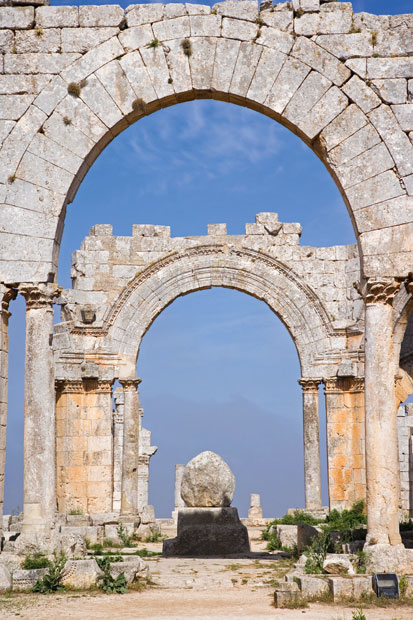Nearly 50 years ago we made our way into an inner place, a semi-subterranean room, in a peculiar college. A smallish, round-faced man was beginning to give tongue. Each week he drew multi-coloured patterns in the air, words flitting about like luminous bats in a night sky. We sat bewitched. There was suspense too, since from time to time a stammer threatened to stop all speech.
He took us back to a world far removed from our own — there was more than a touch of Pullman magic as he made an incision and we crossed into his world. First we found ourselves in the Middle East in an era of war on fronts stretching from the Red Sea to the Caucasus. Key characteristics of the two great powers involved, Byzantium and Sasanian Persia, were identified. The rise of Islam was explained in terms of social malaise in Mecca and exhaustion in the outside world.
A year or two later, we were being pulled gently back into the Mediterranean world between the second and seventh centuries. We were now given a series of glimpses of pagan and Christian thought-worlds as they evolved in the context of a changing social and political order.
Peter Robert Lamont Brown was at the start of a brilliant career. Born to an Anglo-Irish family, he had been brought up in Dublin and schooled at Shrewsbury, like Richard Cobb 20 years earlier, and his juniors by two years, the founders of Private Eye. The undergraduate dubbed the cleverest man in New College had gone on to be nurtured by All Souls as Prize Fellow and Senior Research Fellow.
Something highly unusual was happening. Week by week his audience grew — far beyond the capacity of the room. He might be allusive, hard to follow — but we liked the flow of words and the thrills which they induced, especially the many similes he dropped into our minds.








Comments
Join the debate for just £1 a month
Be part of the conversation with other Spectator readers by getting your first three months for £3.
UNLOCK ACCESS Just £1 a monthAlready a subscriber? Log in